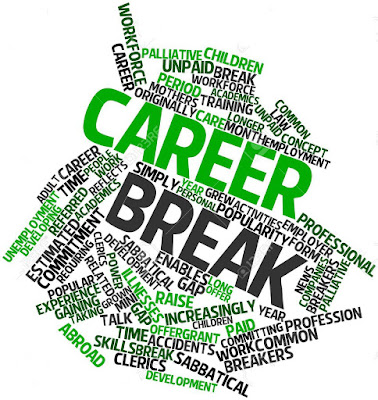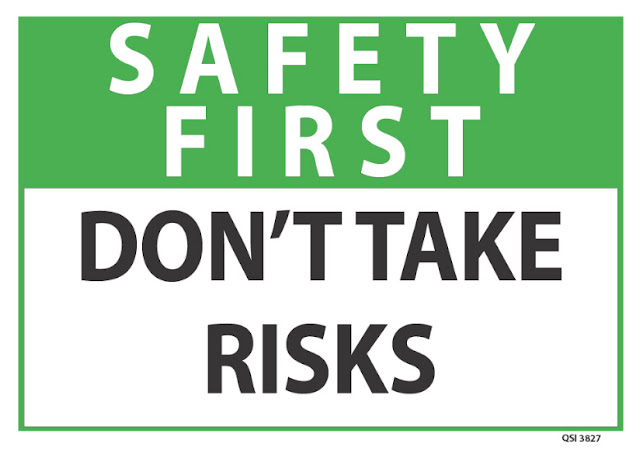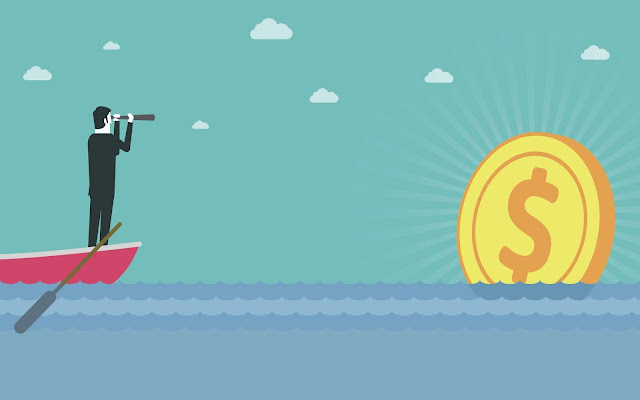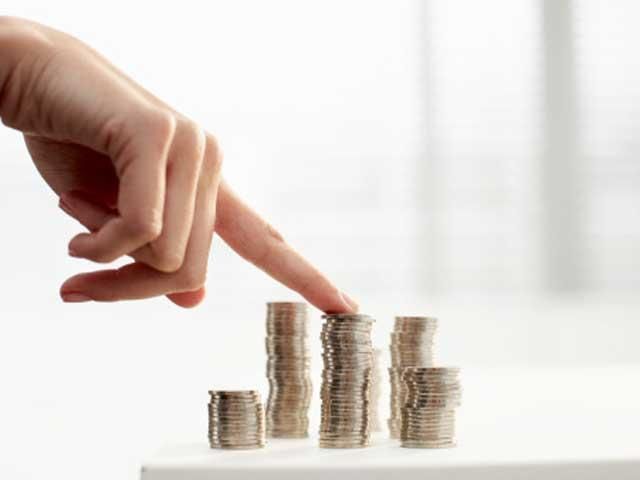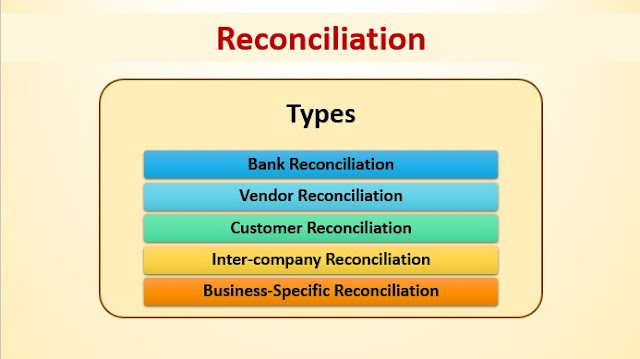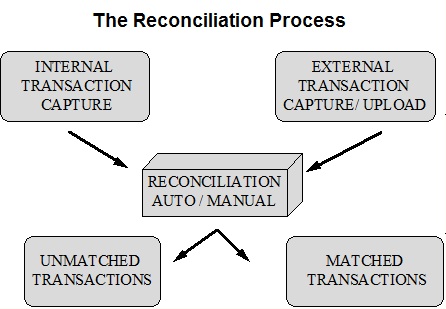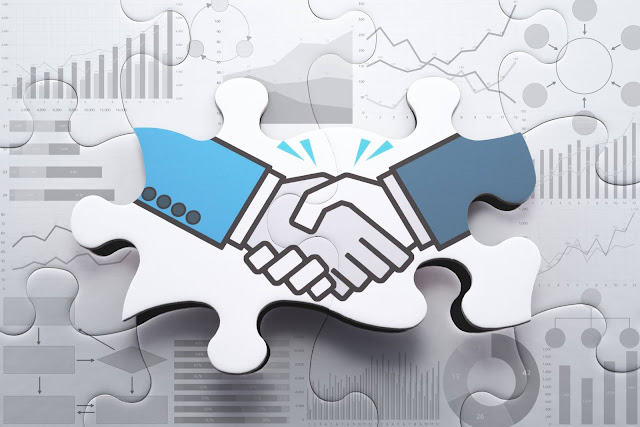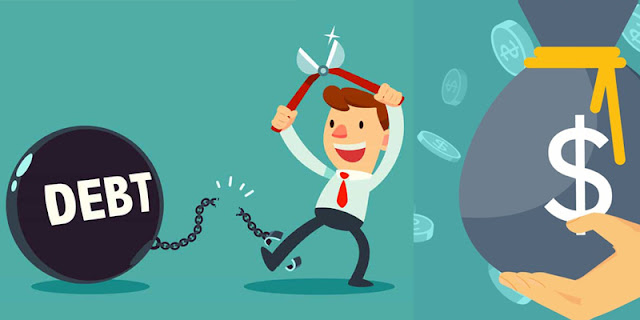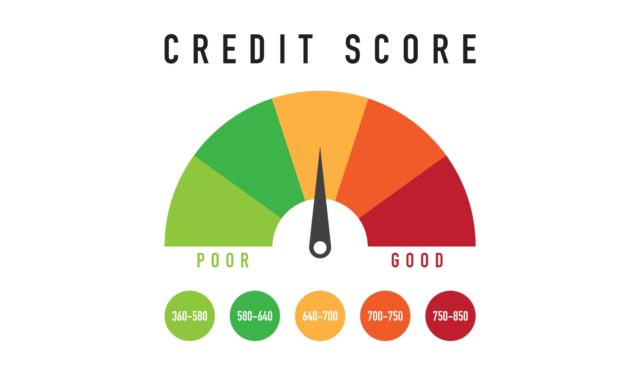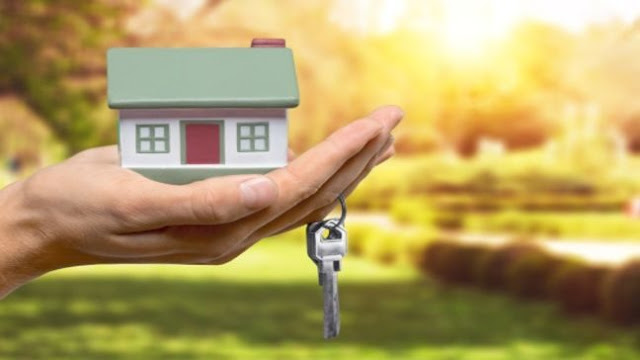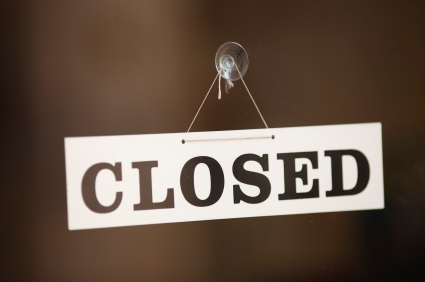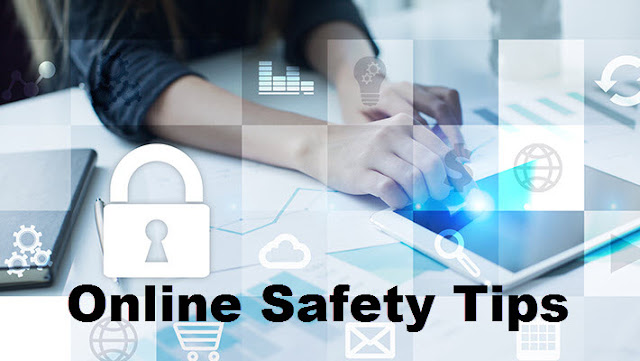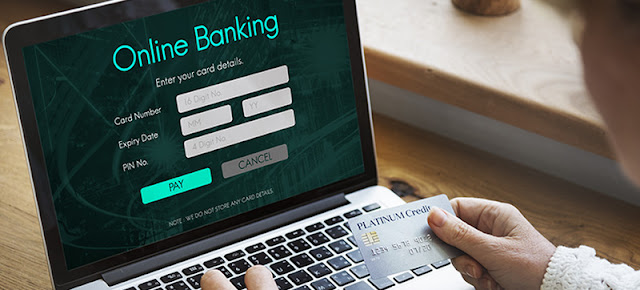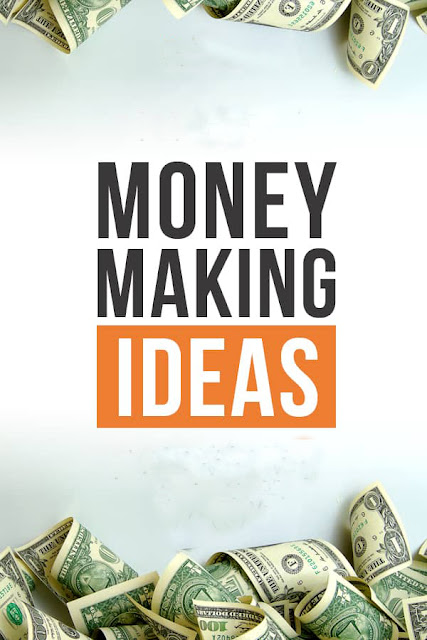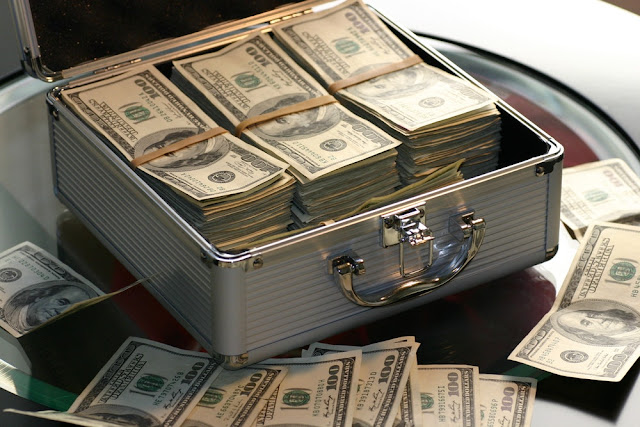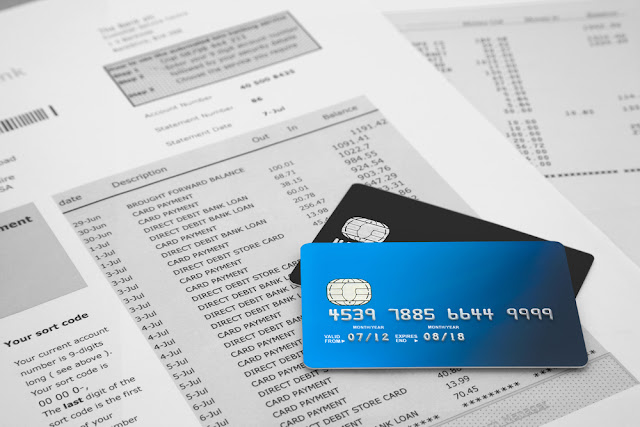 |
| When Is it Safe to Throw Away Credit Card Statements? |
You will receive a monthly billing statement detailing the activity of your credit card each month. The credit card statement includes a list of the charges that you have incurred, the fees that may have been paid, and the transfers that you have made to the account. The mail will pile up if you have a number of credit card statements coming in each month. You don't want to get rid of the statements you may need in the immediate future, but you don't want to keep up with the mail, either. So how long are you going to have to keep your credit card statements?
Generally speaking, you don't have to keep your credit card statements for a very long time, especially if you've set up an online account. Most card issuers may make credit card statements available online for a number of years. You may be able to retrieve old credit card statements or upload them to your computer for later retrieval. There is no guarantee, however, that an old credit card statement will be stored by your credit card issuer. In some cases, it's better to keep those you need in a place where you can access them.
GUIDELINES FOR KEEPING CREDIT CARD STATEMENTS
You should keep a credit card statement for at least 60 days. This is the amount of time you need to dispute any billing errors on your credit card statement. After that, credit card issuers are not legally required to deal with billing error disputes, so you do not need to hold on to your statements - at least for reasons of dispute.
Keep your credit card statements for any items you want covered by the extended warranty or purchase protection of your credit card, and keep that particular credit card in place for as long as the benefit is effective.
Keep your credit card statements for any items you want covered by the extended warranty or purchase protection of your credit card, and keep that particular credit card in place for as long as the benefit is effective.
Note: ✒️ The purchase protection and extended warranty periods vary from one credit card to another, but may last between 90 days and one year. Check with your provider about the time limits for your credit card benefits.If you have any tax-related purchases on your credit card statement, such as donations or business expenses, keep those statements for a period of six years. Your accountant or tax preparer will need the statements for your next tax return. It's also a good idea to hold on to these in case your taxes are audited.
Holding on your credit card statements can be useful for tracking your spending over a period of time. You can review a few months of credit card statements to see where you spend too much money, because three to six months of credit card statements may be enough to give you a good insight into your spending habits.
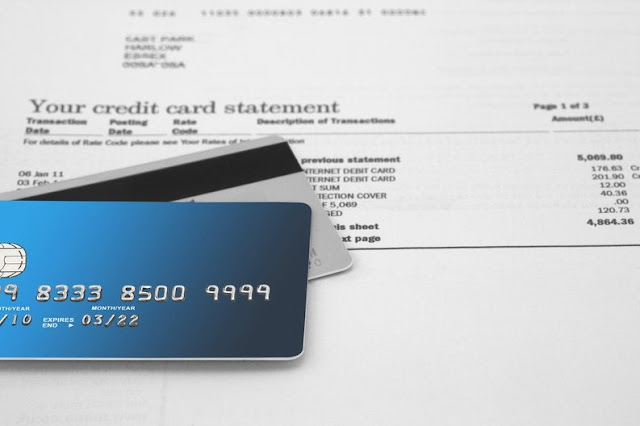 |
| When Is it Safe to Throw Away Credit Card Statements? |
SHOULD YOU ALSO KEEP CREDIT CARD RECEIPTS?
Credit card receipts can be piled up faster than credit card statements, especially if you're a heavy spender. You can follow similar credit card receipt guidelines.
Tip: 💡Please keep your credit card receipts at least until you are sure that the transaction has been entered correctly on your credit card statement..
If your credit card statement has an error, the receipt will come in handy once you dispute the charges. You should also keep tax and business-related credit card receipts for your tax preparer. Store receipts longer in the event of a tax audit.
STORING OLD CREDIT CARD STATEMENTS
If you hold a credit card for a specific reason, it may be helpful to label the statement or to include a sticky note detailing the reason for keeping the statement.
Keep your credit card statements safe so they won't be lost, stolen, or destroyed. A fireproof safe is a great place to store your statements, along with other financial documents or valuables. If you have stored credit card statements on your computer, place them in a password-protected folder, and be sure to keep a password on your computer as well.
THE BEST WAY TO GET RID OF CREDIT CARD STATEMENTS
Because of the risk of fraud, you should be careful how you throw away the credit card statements that you no longer need. Just tossing them in the trash is unsafe because it leaves too much of your personal information exposed, so they need to be completely destroyed.
Shredding credit card statements is the best way to get rid of them once you're sure you don't need them anymore. Also, shredding before you throw away your statements prevents dumpster divers from stealing your statements and using the information to charge your account or steal your identity.



